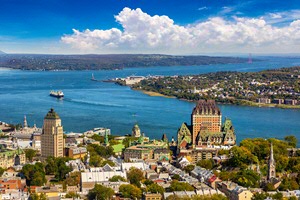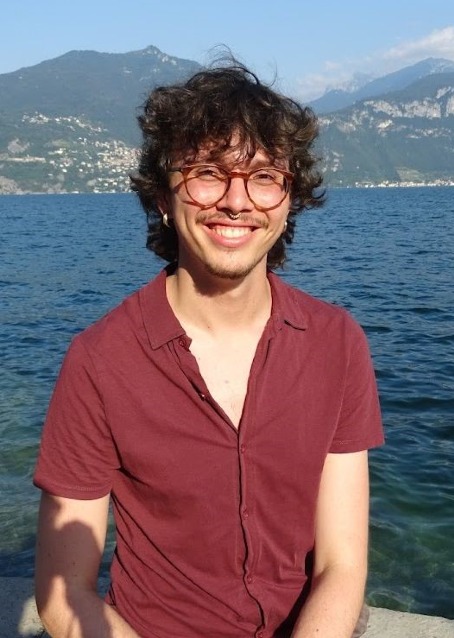Studying French within European Languages and Cultures
| NB: A-levels/vwo eindexamen/Abitur or equivalent with French as subject is obligatory to be admitted to French as major language. |

France has had great cultural, political and historical influence on the Western world. The 1789 Revolution formed the basis for today’s parliamentary democracies. And even now France is still playing an important role in Europe – which is why experts in the French language and culture will always be needed.
France has always been one of the most popular holiday destinations for the Dutch. However, the two countries are also closely linked in other, less obvious and particularly historical ways. The Dutch language, for example, was strongly influenced by French. Think of words like 'bureau', 'affaire', 'paraplu', 'dressoir' and 'étage'. French writers and painters served as important frameworks of reference for the Dutch culture, as did French philosophers such as Elisabeth Badinter, Simone de Beauvoir, Jean-Jacques Rousseau, Jean-Paul Sartre and Voltaire. The French Revolution dramatically changed societies throughout Europe. And even today France, together with Germany, plays an internationally leading role as a major power factor in the European Union.

Why French?
Although linguistic, historical, cultural and political issues may all play a role in your decision to choose French, most importantly you should be truly interested in the language. The French specialization within the degree programme in European Languages and Cultures focuses on French language and culture as well as on Europe, and sometimes the wider world. Within the French linguistics course units, for example, diversity in the French language will also be explored through the case of Francophonie, the presence and use of French across the world. Language plays an important role in cultural and political identity issues for instance in the city and region of Québec. Two serious attempts to make Québec independent of Canada failed in the past. Introductory course units in Language and Society, which you will follow together with other students of European Languages and Cultures, will help you understand and analyse the how and why of such processes.
European Languages and Cultures with the French specialization will teach you to speak and write French fluently and develop into an academically trained expert in French language and culture in a European context. Your proficiency will get an extra boost during your stay abroad in your third year, for which the University has contacts with universities in Belgium, France and Canada.

Knowledge of French language and culture will make you develop essential transferable skills for a wide variety of fields and career paths. You could become a teacher in secondary education, or start a career at a European institution, in the business world, at a financial institution, the Dutch embassy in countries where French is the official language, or in tourism. Much depends on your Minor and the profile you choose.

'A focus on the French language used in practice, rather than stale textbook-French, is what really sets this course apart from other teaching methods'
Ever since I started learning French in high school, I have felt an affinity and fascination for the language. I suspect this has a lot to do with the language’s incredible cultural heritage. France has been the home of some of Europe’s most iconic artists, writers and philosophers, whose works all share a certain essence which is, to me, unmistakably French. As a result of this infatuation, my wish became to gain intimate access to this cultural landscape through mastering the French language and its surrounding culture. Now that I have concluded this course, I can say that studying French within European Languages and Cultures gave me the opportunity to move further in this goal, and beyond it. Since the course delves into a variety of different aspects of France, I got to broaden my understanding of the country as a whole. Now, I have acquired knowledge not only about its culture, but also about its distinct societal and political matters. Furthermore, a focus on the French language used in practice, rather than stale textbook-French, is what really sets this course apart from other teaching methods. Those who have grown to dread traditional language studies will probably be pleasantly surprised by the radically different angle French at the UG takes; instead of prioritising tedious grammar rules and unending vocabulary lists, this course proposes a hands-on approach where students acquire the language through practical use. So, instead of being lectured about the passé composé, you can expect to take part in debates, or even develop a quintessential made-in-France product. To me, this made the course more engaging and more interesting, as it allowed me to learn the language while simultaneously deciphering French culture and society.
Back to European Languages and Cultures.
